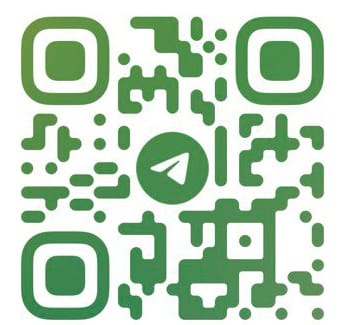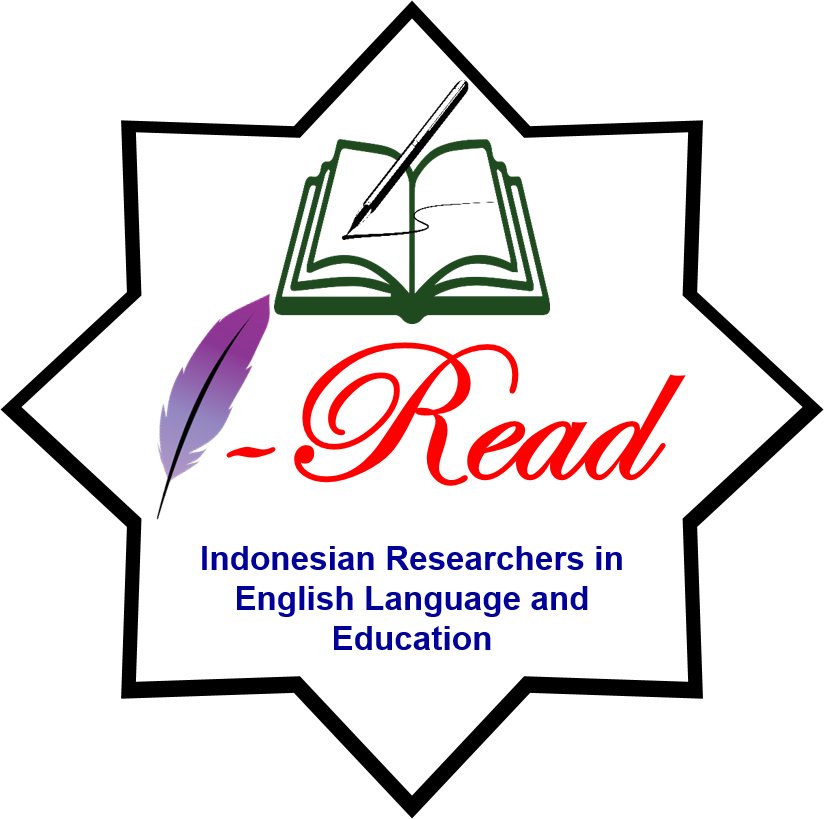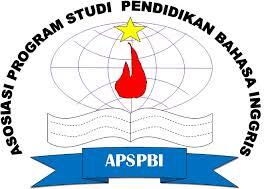A Enhancing Descriptive Writing through Semantic Mapping and STAD: A Quasi-Experimental Study in Indonesian EFL
Abstract
Writing remains a foundational component of English language learning, particularly in academic contexts where students are expected to produce organized and coherent texts. Among various challenges faced by EFL learners, descriptive writing often proves difficult due to limited vocabulary, weak idea development, and a lack of structure. This study explores the use of Semantic Mapping in combination with Students Team Achievement Division (STAD) to improve students’ descriptive writing abilities. Conducted at SMAN 1 Sumberejo, Lampung, the study involved 60 eleventh-grade students divided into an experimental group (treated with the integrated method) and a control group (taught conventionally). A quasi-experimental design was employed, incorporating pre- and post-tests to measure improvement. Statistical analysis revealed that the experimental group made significant gains (p < .001), while the control group’s progress was minimal and not statistically meaningful (p = .172). Survey data further indicated that students responded positively to the treatment, citing better organization of ideas, increased vocabulary use, and a greater sense of collaboration. The findings highlight that blending visual learning with cooperative strategies can offer substantial benefits in writing classrooms. As such, the Semantic Mapping–STAD model may serve as a practical approach for teachers seeking to enhance student writing outcomes.
Downloads
Copyright (c) 2025 Scripta : English Department Journal

This work is licensed under a Creative Commons Attribution-ShareAlike 4.0 International License.








